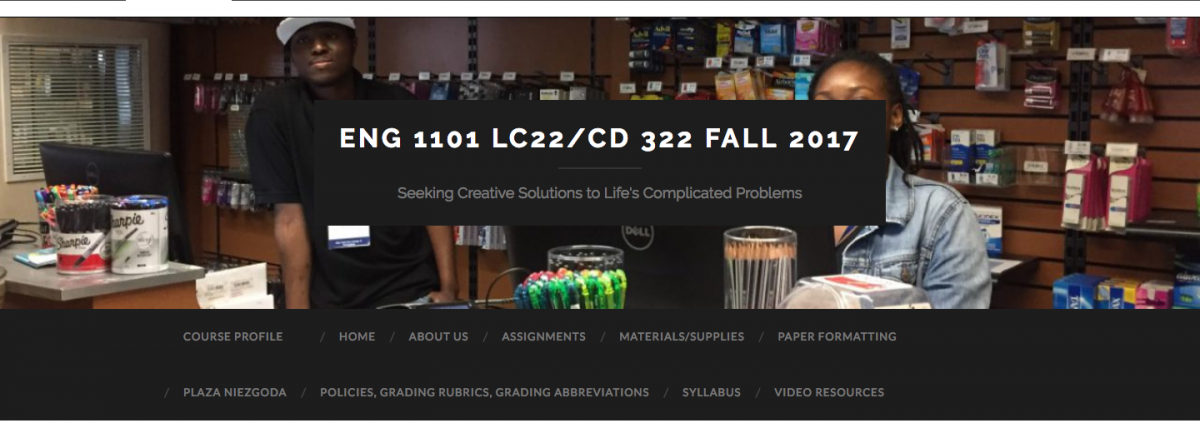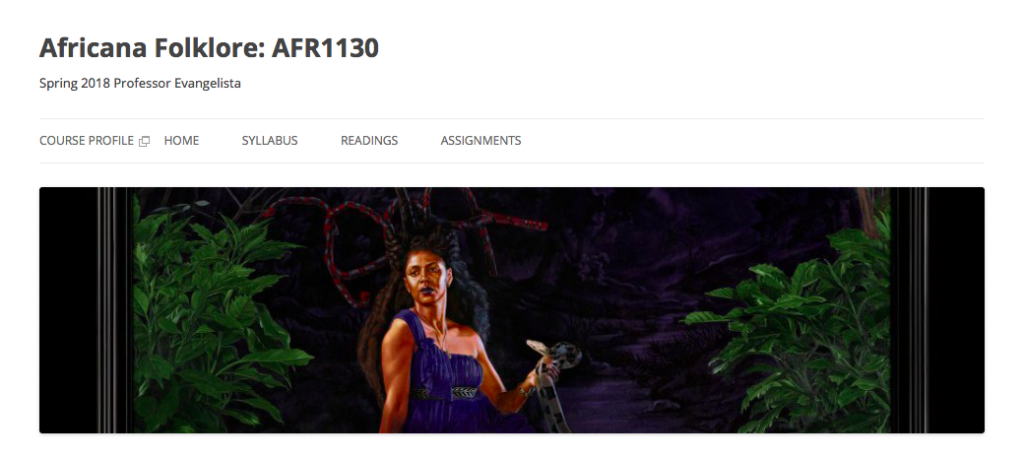 As the final post of our 3-part series on OERs, this week we’re spotlighting Professor Javiela Evangelista’s OER for Africana Folklore: Afr1130. As mentioned the last two weeks, the general description of OERs seems straightforward – open and freely accessible educational resources. However in practice OERs are more ambiguous. This series aims to highlight some key features of OERs by spotlighting a few OERs being built by City Tech Faculty.
As the final post of our 3-part series on OERs, this week we’re spotlighting Professor Javiela Evangelista’s OER for Africana Folklore: Afr1130. As mentioned the last two weeks, the general description of OERs seems straightforward – open and freely accessible educational resources. However in practice OERs are more ambiguous. This series aims to highlight some key features of OERs by spotlighting a few OERs being built by City Tech Faculty.
While the last two weeks have focused on clarity and organization (Part 1), and flexibility (Part 2), what Professor Evangelista’s site highlights is that multimedia materials are often an important part of OERs.
In general, teaching and learning with multimedia has been shown to increase comprehension and retention (i.e. Aloraini, 2012). In Africana Folklore, Professor Evangelista pairs a video, or a few, with a set of readings each week. These are not only intended to supplement, but are an important part of the course material. They fill in gaps in understanding and bring new information to the fore, while also reinforcing other material assigned that week.
The consistent use of videos in her course is more pronounced in the context of the class field trip to Democracy Now!, and its related assignment. Democracy Now! is an independent media outlet that highlights social justice stories and news that are too often overlooked or misreported by mainstream media outlets. In the related assignment, Professor Evangelista asks students to compare independent and mainstream media outlets and to think about how and why they represent similar issues differently, and to what end.
This field trip and assignment draw a contemporary parallel to the ways in which Africana Folklore “highlights the survival of African descendant people (and their stories) by way of oral, material and customary traditions”. To what extent are independent media outlets deploying similar strategies toward similar goals?
Moreover, the field trip and assignment conveys lessons of media literacy without saying as much. This seems like an important opportunity for critical reflection on the use of videos as course material, as well as how students may use videos to supplement their independent learning at home. This drives home an important lesson inherent in multimedia pedagogy – for use in your OERs or otherwise – and of this time period in history: that it’s not just about the incorporation of multimedia text into our teaching and learning, but also the critical and responsible approach with which we do so.
For more on multimedia pedagogy from the OpenLab, check out our Spring 2017 Event on the topic (includes external readings), and read the recap, which includes additional examples of multimedia pedagogy on the OpenLab and around CUNY.
This concludes our 3-part series of OERs.
- Did you miss our first two weeks? Learn more about how organization and clarity (Part 1), and flexibility (Part 2) factor in when building an OER. Part 1 also includes and overview of OERs in general and at City Tech.
- To browse more OERs on the OpenLab, or learn more to create your own, check out City Tech’s OER Fellowship project site. This site includes external readings, information about the fellowship, and a link to each OER made through this fellowship.

 This week we’re spotlighting the
This week we’re spotlighting the 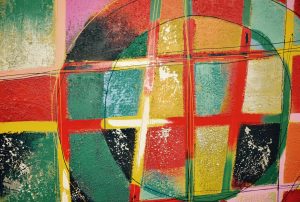
 This week we’re spotlighting the
This week we’re spotlighting the 
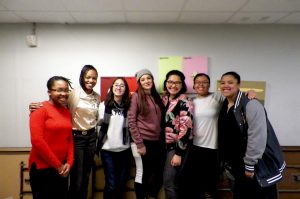
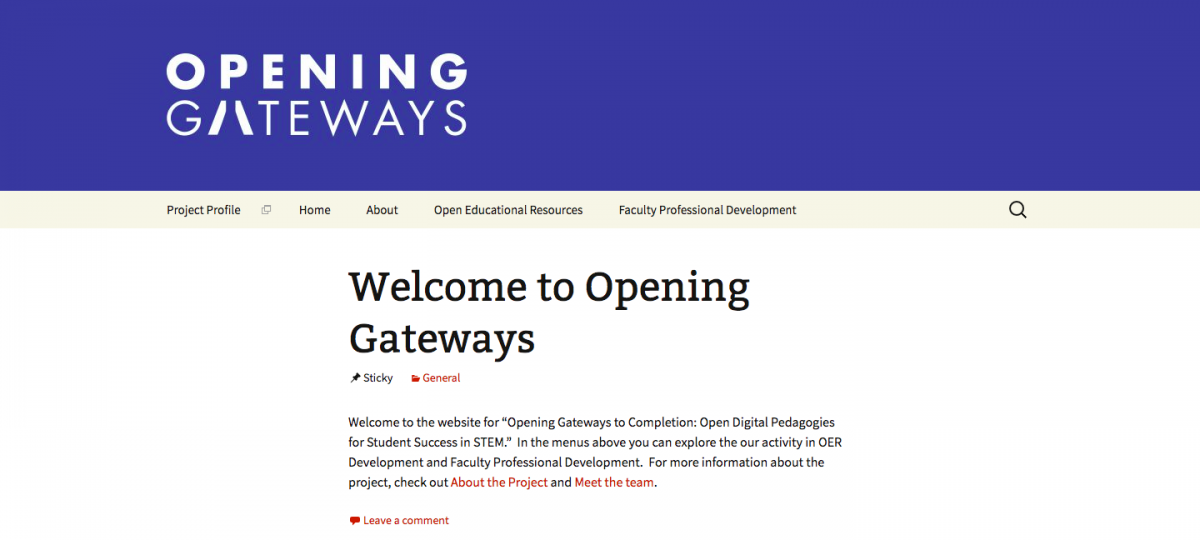 This week we’re spotlighting the
This week we’re spotlighting the  This week we’re spotlighting
This week we’re spotlighting 

